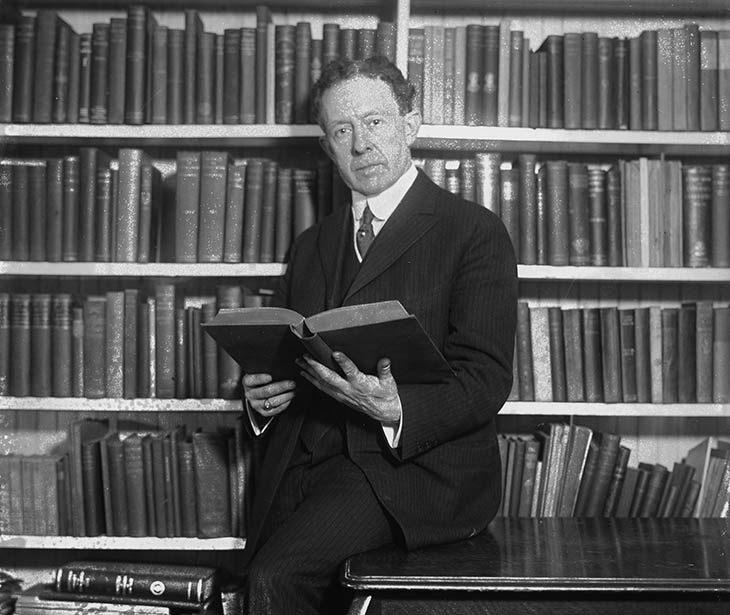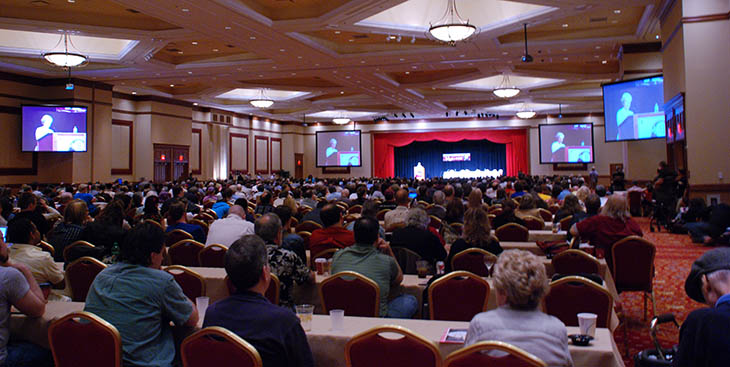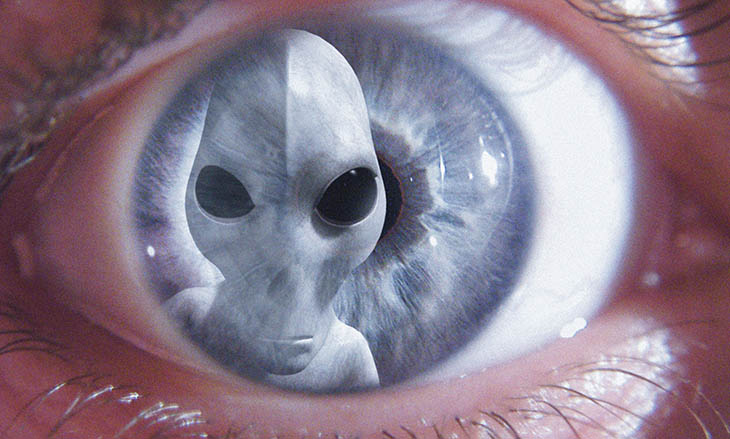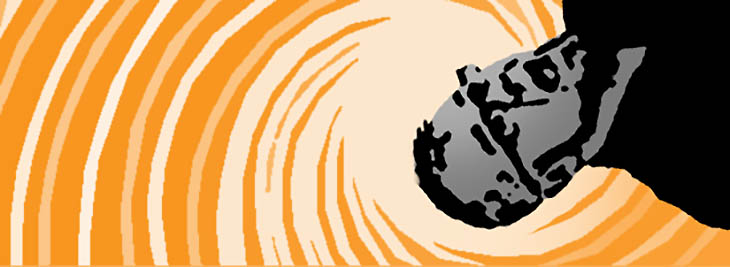This article was originally published at the defunct Skepticblog.org on March 24, 2013. An archived version is available here.
As a magician, Harry Houdini was a trickster pretty much by definition—and, of course, a good one. He was quick to turn mere happenstance to his advantage (as when he commanded the rain to stop and begin again at a Fourth of July party)1 and to turn people’s assumptions against them. Sometimes, the results of such trickery were simple delight. Sometimes, as in his exposures of fraudulent psychics, his craftiness served the public good. On other occasions, Houdini’s performances had more tragic consequences. Such was his own assessment of mentalism performances he gave earlier in his career, in the guise of a medium:
Read more

 The Amazing Meeting (TAM) conference in Las Vegas is always the center of the skeptical universe, and TAM8 was no exception. Bigger and more representative than any previous year (it was
The Amazing Meeting (TAM) conference in Las Vegas is always the center of the skeptical universe, and TAM8 was no exception. Bigger and more representative than any previous year (it was 
